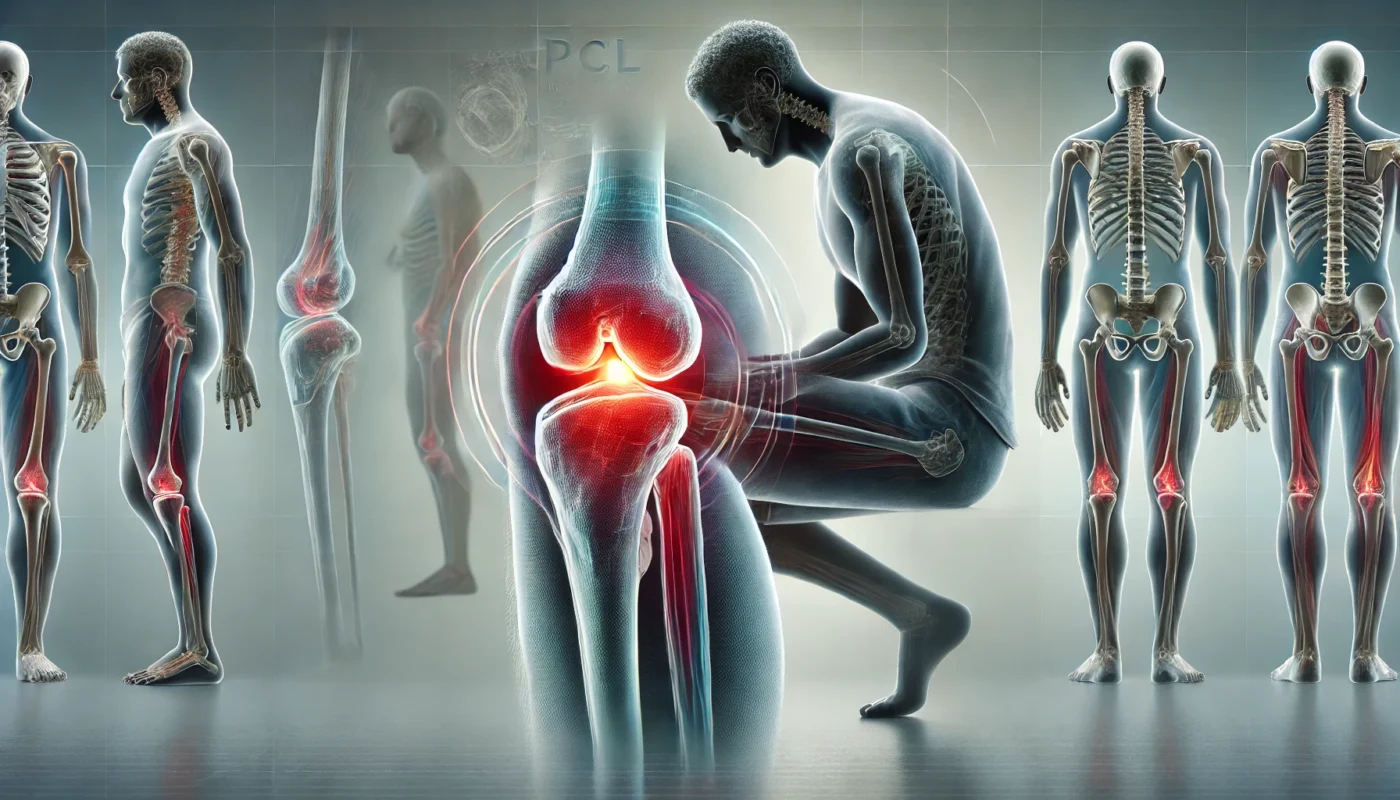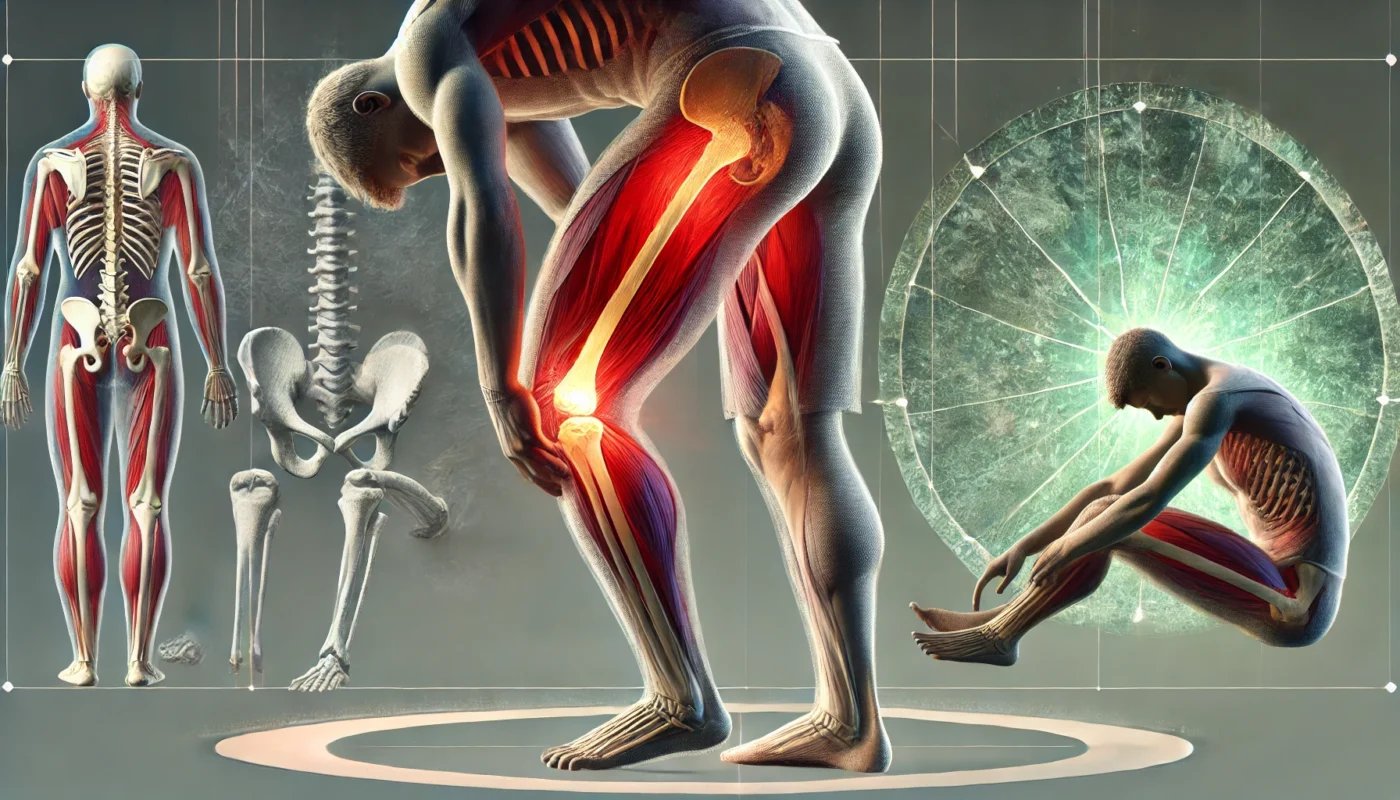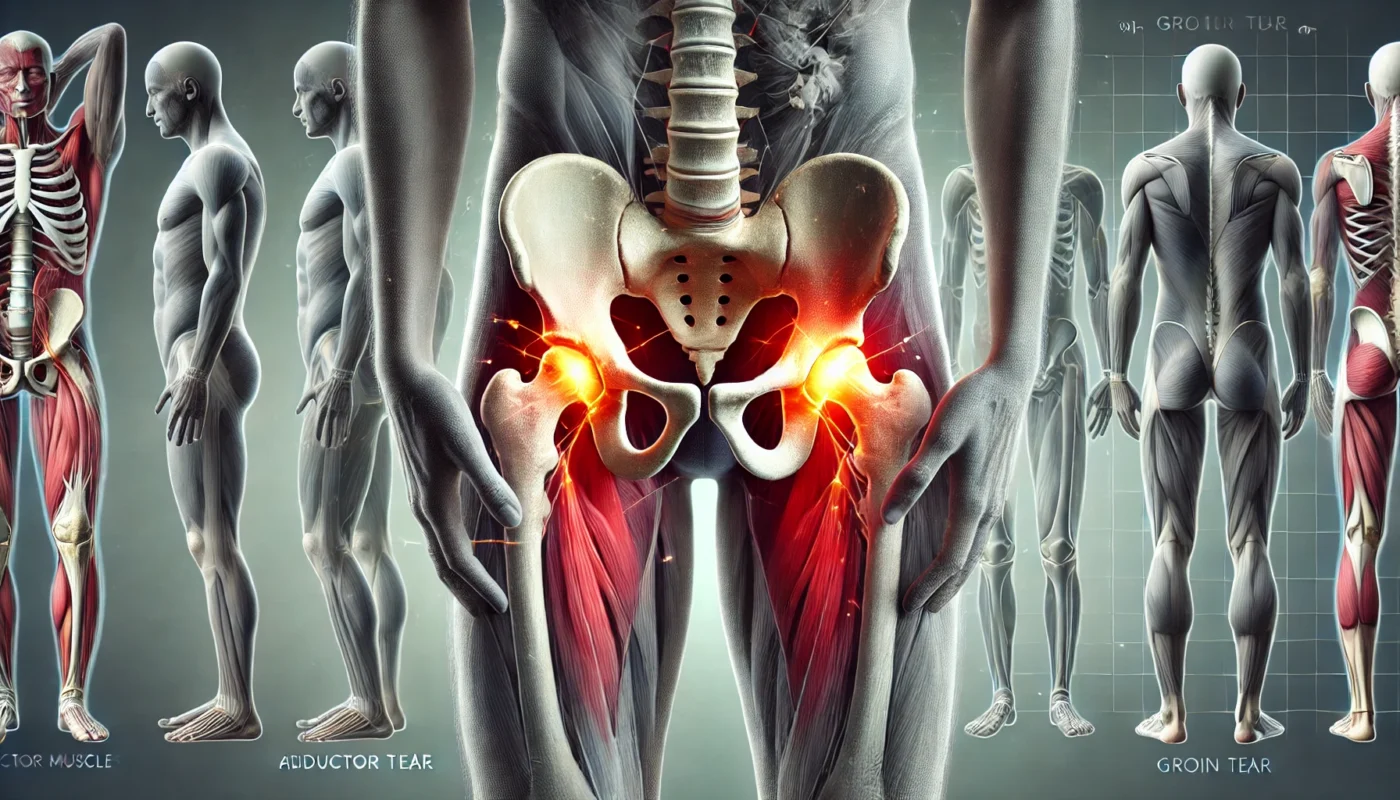Arthritis is not a single disease but rather a term that encompasses over 100 different conditions affecting the joints. Osteoarthritis and rheumatoid arthritis are the most common types, each with distinct causes and treatment approaches. Regardless of the type, arthritis often results in joint pain, stiffness, and swelling, leading to decreased mobility and impacting daily activities.
Tag Archives: Nutritional Supplements
Skin regrowth is a fascinating and complex process that plays a crucial role in maintaining our body’s protective barrier. Whether you are a fitness enthusiast pushing your physical limits or a medical patient on the road to recovery, understanding how skin heals and regenerates can empower you to take proactive steps in supporting this vital process. In this comprehensive guide, we will delve into the factors that influence skin regrowth after damage, explore the stages of wound healing, and offer practical advice to aid and expedite recovery.
Before discussing probiotics, it’s essential to grasp the intricacies of autoimmune diseases. These conditions, such as rheumatoid arthritis, lupus, and multiple sclerosis, involve the immune system misidentifying its own tissues as threats, leading to chronic inflammation and tissue damage. The gut microbiome, a complex ecosystem of bacteria residing in the digestive tract, plays a crucial role in regulating the immune response. An imbalance in this microbiome, known as dysbiosis, is often linked to autoimmune conditions.
When embarking on the recovery journey following surgery, the body’s demand for specific nutrients intensifies to facilitate effective healing and regain lost strength. The role of a meticulously structured diet cannot be overstated in this context, especially after undergoing procedures such as abdominal surgery or fibroid removal. A balanced diet not only accelerates the healing process but also plays a crucial role in managing common post-operative symptoms, including nausea and a diminished appetite.
Hypoglycemia, commonly referred to as low blood sugar, is a condition characterized by abnormally low levels of glucose in the bloodstream. It is a significant concern for individuals with diabetes and can also occur in non-diabetic individuals due to various underlying causes. Glucose is the primary source of energy for the body and brain, and […]
Hyperglycemia, defined as elevated blood glucose levels, is a common concern that affects individuals with diabetes and others with metabolic disorders. Chronic hyperglycemia, if left unmanaged, can result in severe complications, including damage to the heart, kidneys, nerves, and eyes. This article explores hyperglycemia in detail, including its symptoms, causes, treatment options, prevention strategies, and […]
Chronic stress is an enduring state of physiological and emotional tension caused by prolonged exposure to stressors that disrupt homeostasis. Unlike acute stress, which is temporary and often resolved quickly, chronic stress persists, contributing to physical, emotional, and psychological imbalances. This article will delve into the complexities of chronic stress, including its symptoms, causes, treatment […]
The posterior cruciate ligament (PCL) is one of the key ligaments in the knee, responsible for stabilizing the joint and preventing excessive backward movement of the tibia (shinbone) relative to the femur (thighbone). While not as commonly injured as the anterior cruciate ligament (ACL), PCL injuries can result in significant discomfort, instability, and impaired mobility. […]
A hamstring avulsion is a severe injury in which the hamstring muscle is forcibly detached from its attachment point at the ischial tuberosity (the lower part of the pelvis). While hamstring strains are common among athletes, avulsion injuries are less frequent but far more serious, often requiring surgical intervention and extended recovery times. This article […]
A groin tear, or adductor strain, occurs when the muscles located in the inner thigh (adductors) are overstretched or torn. This injury is common in athletes and individuals engaging in activities requiring sudden changes in direction, kicking, or intense physical effort. Groin tears can vary in severity, from mild discomfort to complete muscle rupture, significantly […]










